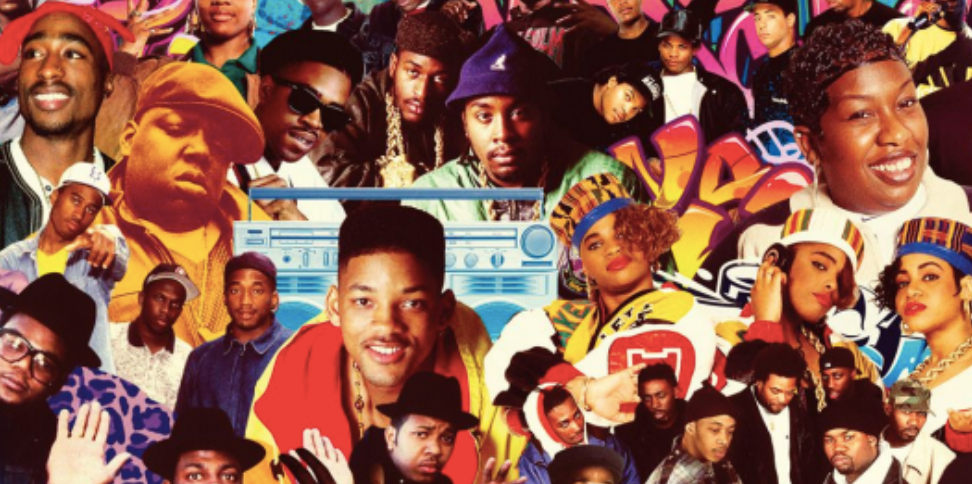As we prepare to close out Black Music Month, it’s crucial to recognize not just the sound and rhythm of Black music, but also the ongoing efforts to preserve its deep cultural legacy through technology no less. Across the tech landscape, innovative projects are making it possible to digitize and protect the invaluable contributions of Black musicians. From archival collections like the Smithsonian’s African American Music Initiative to independent grassroots efforts creating digital repositories of vinyl, cassette, and reel-to-reel recordings, technology is proving to be a powerful tool in ensuring this music lives on well beyond its original era.
In an essence, Black music and technology go hand in hand. Now let’s hit that home!
Digital archiving is reshaping how we interact with Black musical heritage. Institutions and platforms are using cloud-based storage and AI enhanced indexing to preserve everything from studio sessions to handwritten lyrics, rare photographs, tour posters, and oral histories. Projects like the National Museum of African American Music’s “One Nation Under a Groove” digital archive or the growing catalog at the Black Music History Library are making these resources accessible to fans, researchers, and educators across the globe—many for the first time.
Meanwhile, today’s producers and artists are tapping into these archives to breathe new life into classic recordings. Whether it’s Kaytranada reimagining vintage funk through electronic grooves, technology has allowed for deep sampling, high-fidelity remixing, and genre melding experimentation or Tyler, the Creator being the innovator he is while paying homage to those have come before him. These reinterpretations don’t just showcase technical skill, they serve as a bridge between generations, introducing young listeners to the roots of modern Black music through a futuristic lens.
One thing makes sense. This cultural dialogue through technology also raises ethical questions. Who owns the rights to these sounds? How do we ensure original creators or their estates are credited and compensated? The line between inspiration and exploitation is thin, especially when reworking music from eras marked by industry inequities. Fortunately, blockchain based licensing, smart contracts, and artist-first platforms like Bandcamp are emerging as solutions, helping safeguard both artistic integrity and financial justice.
And that has been a hot button issue. Ownership, masters, and controlling the legacy of ones music.
Ultimately, Black Music Month isn’t just a time for reflection, it’s a reminder as a call to action. As technology evolves, so must the strategies for honoring the past while inspiring the future.
At the Source, we believe in not only digitizing archives, but embracing creative innovation, and respecting the legacies that artists sample from, so we too can ensure that Black music doesn’t just survive. We want Black music to thrive and continue to lead, shape, and transform the global soundscape for generations to come.
Let’s all celebrate this concept and keep it moving with good sounds and great vibes this summer!
